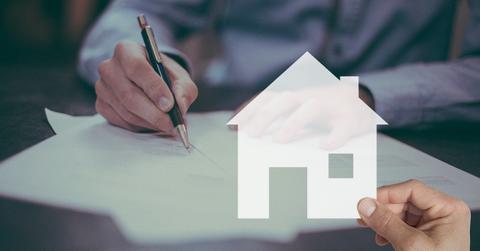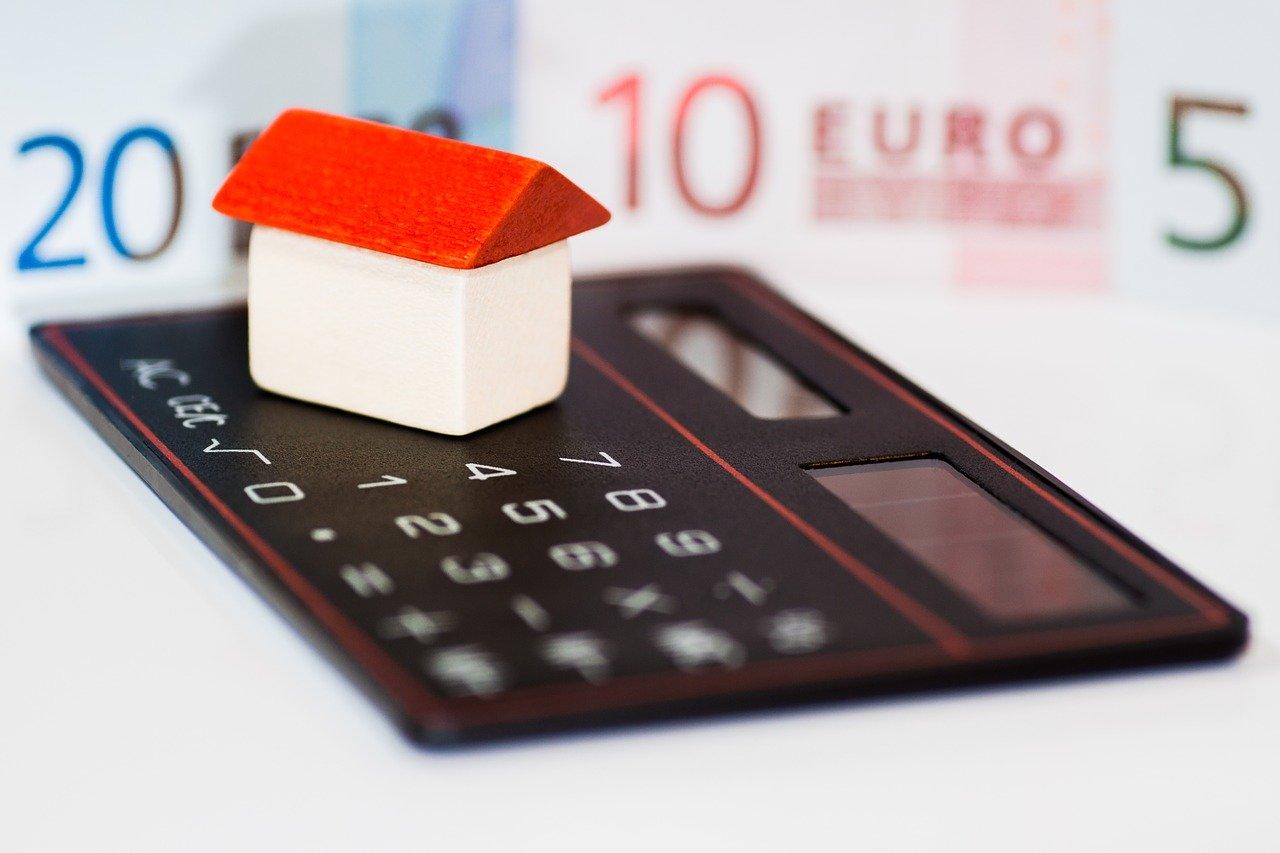When Does It Make Sense to Refinance Your Mortgage? Shorter Terms May Be More Beneficial in 2022
If mortgage refinancing helps you pay off your mortgage faster, save you money, and help you build equity, it’s worth considering.
April 13 2022, Updated 6:55 a.m. ET

In mortgage refinancing, a homeowner pays off an existing loan and replaces it with a new one. Homeowners refinance for many reasons, such as shortening the term of the mortgage, obtaining a lower interest rate, or converting from a fixed-rate mortgage to an adjustable-rate mortgage. People also refinance a mortgage to tap into home equity. But when should you refinance your mortgage?
It's no small decision to refinance your mortgage, so don't jump on refinancing only because other people are doing it. Take some time to find out what the net expenses and monthly payments will be, and whether it's the best option for you.
When should you refinance your mortgage?
You should consider mortgage refinancing if you can decrease your rate of interest by at least 2 percent. However, many lenders believe that 1 percent savings are enough of an incentive. Mortgage refinancing may also be recommended if you plan to stay in your home for the next five years.

Refinance rates are changing in 2022
Refinance rates are changing depending on the term. While 15-, 20-, and 30-year fixed-rate refinance percentages have remained unchanged, 10-year rates have risen from 4.125 percent to 4.250 percent.
As FOX Business points out, even though longer terms are more palatable to buyers due to their lower monthly payments, homeowners might want to consider a shorter term for refinancing. Whereas shorter terms are accompanied by higher monthly payments, they may offer homeowners the chance to save on interest and pay off their homes sooner.

Benefits of refinancing your mortgage
There are many reasons people turn to mortgage refinancing. Potential benefits include:
- It can reduce your monthly payments if you refinance into a loan with an interest rate that’s lower than your current rate. This option may open up because you're eligible for a lower interest rate based on an improved credit score, market conditions, or other factors that weren’t in place when you borrowed the first time. The reduced interest rate usually results in substantial savings over the life of the loan. These savings can be used to pay off debt, other expenditures, or your loan.
- You can refinance your mortgage to reduce the length of your loan. For instance, you can refinance a 20-year home loan into a 10-year home loan that comes with a lower interest rate but higher monthly payments. You'd have the loan paid off 10 years earlier.

- You can switch to a fixed-rate loan from an adjustable-rate mortgage. When you have a variable-rate loan, your monthly payments can fluctuate as the interest rate changes. Switching to a fixed-rate home loan offers homeowners the security of knowing that their monthly payments will never change.
- You can opt for cash-out mortgage refinancing, in which homeowners borrow more than they owe on the home. The additional money received can be used to pay off debt, finance home improvements, or fund large purchases.
Are there any disadvantages to mortgage refinancing?
Mortgage refinancing isn’t always a smart money move—there are some drawbacks:
- Mortgage refinancing can be expensive. Expenses differ by state and lender. However, you need to be prepared to pay between 3 and 6 percent of the outstanding principal in mortgage refinancing fees. These costs include application, appraisal, origination, inspection, and closing costs.
- When you stretch loan payments over a long period, you can pay more interest on your mortgage. You might reduce your monthly payments, but that advantage can be offset by higher borrowing costs over the term of the loan.
